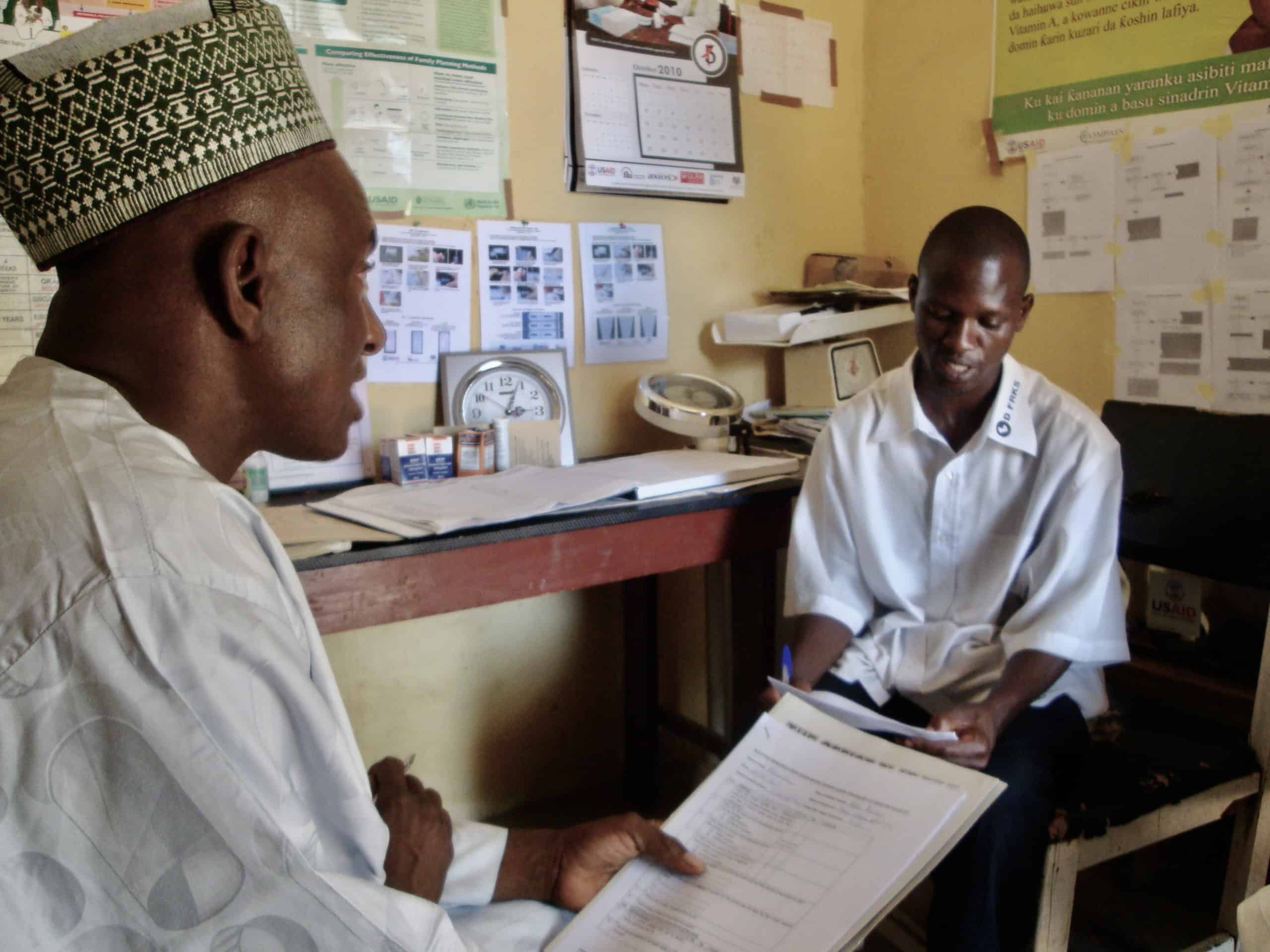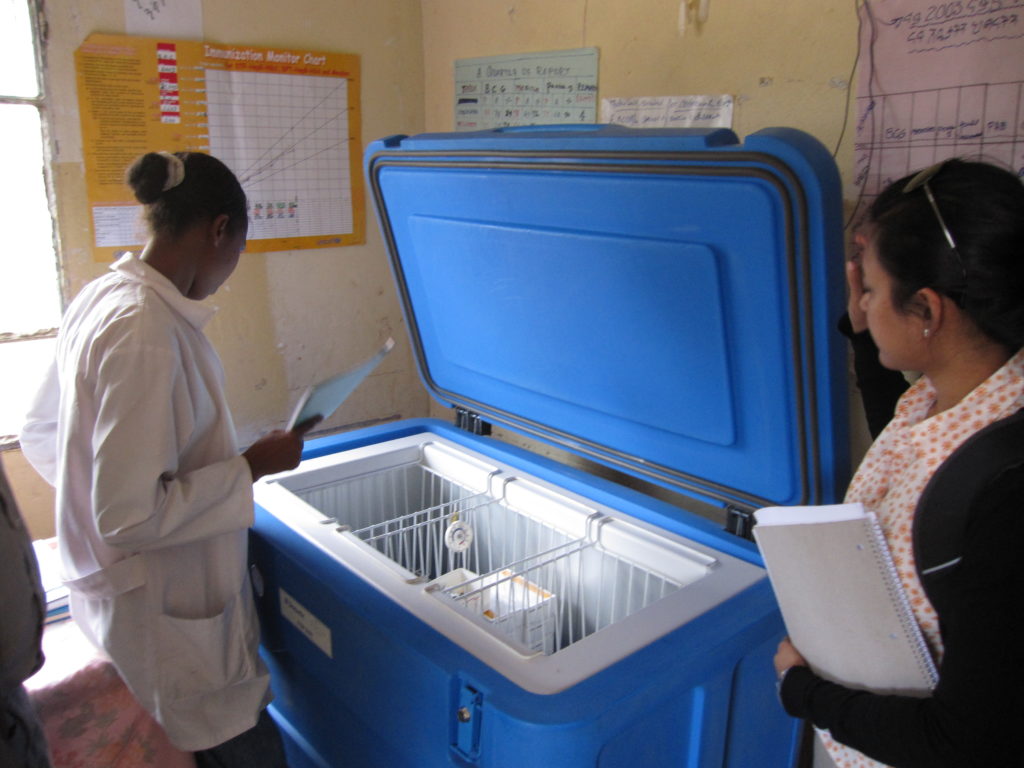This website uses cookies so that we can provide you with the best user experience possible. Cookie information is stored in your browser and performs functions such as recognizing you when you return to our website and helping our team to understand which sections of the website you find most interesting and useful.
Supply Chain
Functional health systems depend on getting affordable, life-saving medicines and supplies in the right hands at the right time. People’s behaviors significantly affect supply chain performance, and putting people—the end-users—at the center of supply chains is critical for success. JSI uses behavioral science theory and evidence to understand the behaviors and preferences of end-users and the supply chain workforce. These insights inform the design of social and behavior change (SBC) interventions that help public health supply chains predict and respond to people’s needs.
We use SBC strategies to address supply and demand side factors, working with ministries of health, local partners, private sector companies, and communities. This includes increasing access to HIV commodities by adapting how they are delivered to people to account for stigma and social norms. It means improving collaboration among government, manufacturers, and private retailers by understanding human motivation and communication styles. Across the spectrum, we use behavioral insights to understand decision-making so that people have on-demand access to high-quality, affordable health supplies.
For more information, contact Melinda McKay, Behavior Initiative Director at Melinda_McKay@jsi.com.
Project in Focus
HAI Total Market Approach to Condom and Lubricants Programming
In Nigeria, we implement the Total Market Approach project, convening public and private partners to increase availability of and access to HIV prevention commodities and services such as self-testing kits, condoms, lubricants, and PrEP. Our SBC strategy mitigates barriers to uptake, increases awareness of available products and services, and generates demand through user-driven change interventions with a focus on supporting people who have a higher risk of HIV transmission. We trained and provided 1,256 patent and proprietary medicine vendors (PPMVs) with SBC communication materials to support demand for HIV products and services in their communities. Furthermore, our research on client willingness to pay helped PPMVs, community pharmacists, and other retailers adjust pricing to overcome the barrier of affordability. We also eliminated bottlenecks for HIV testing kits to come to market, resulting in the validation of three new self-testing kits.





